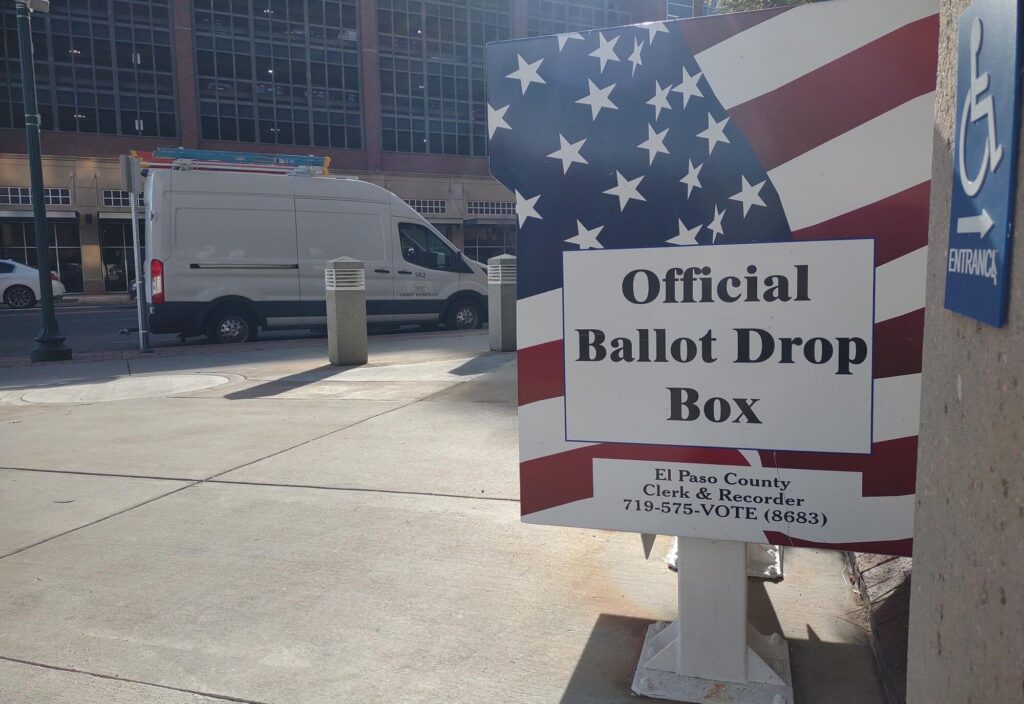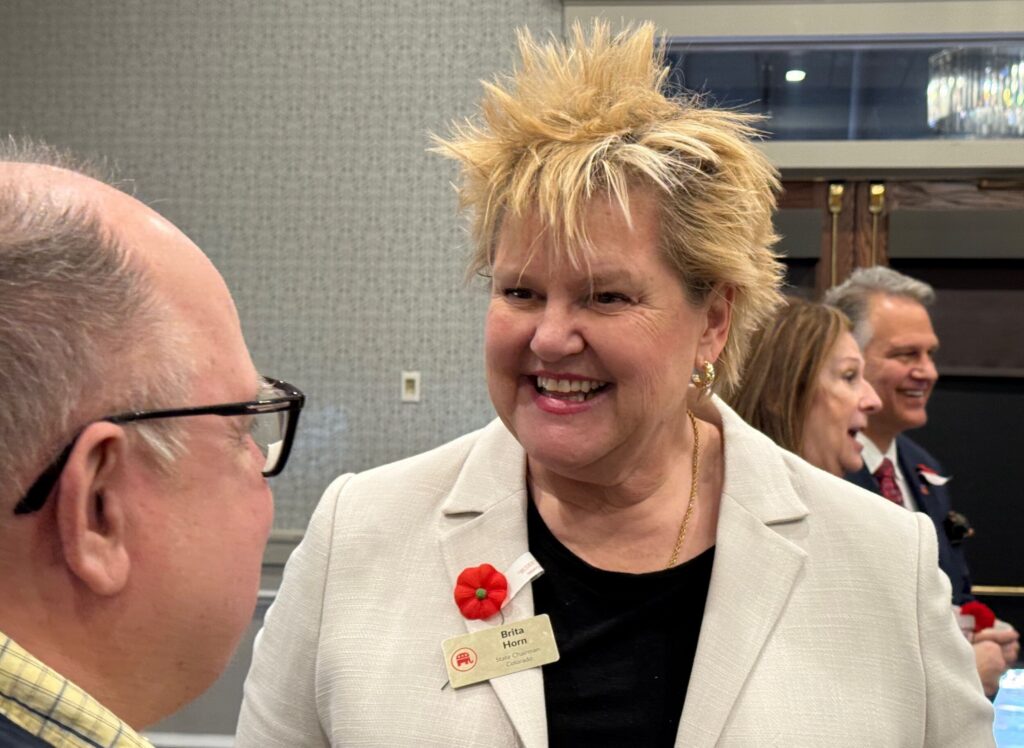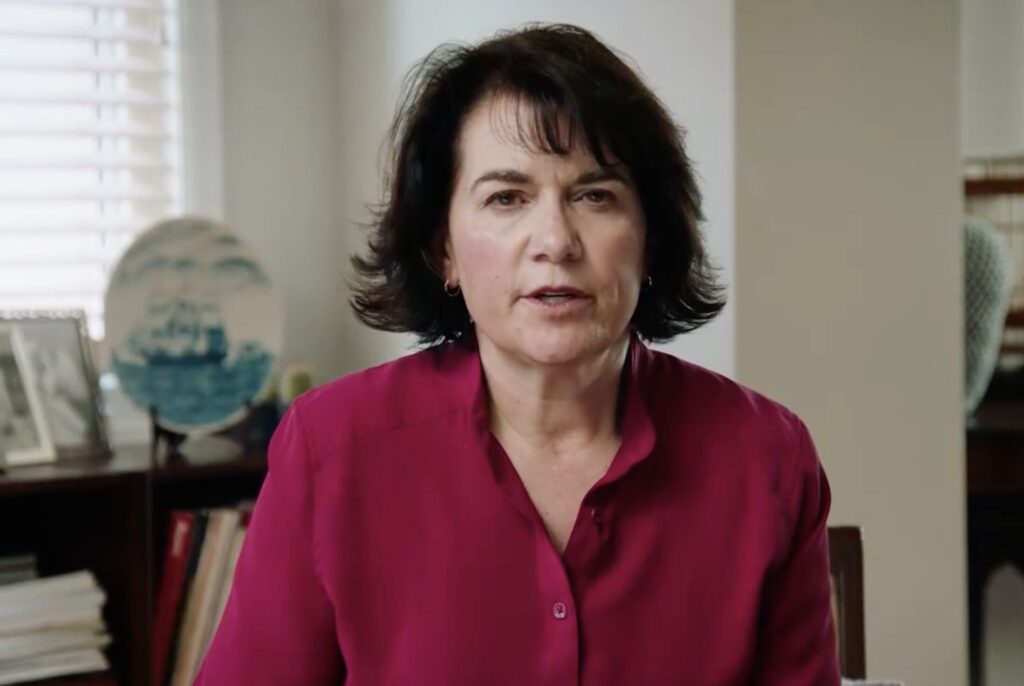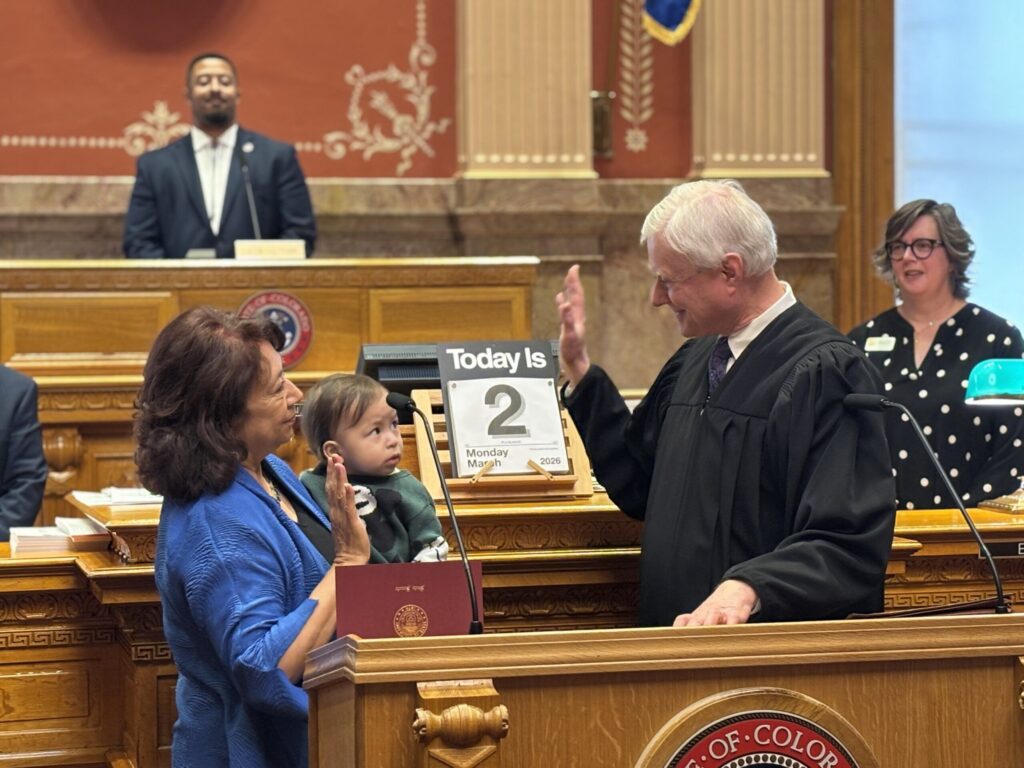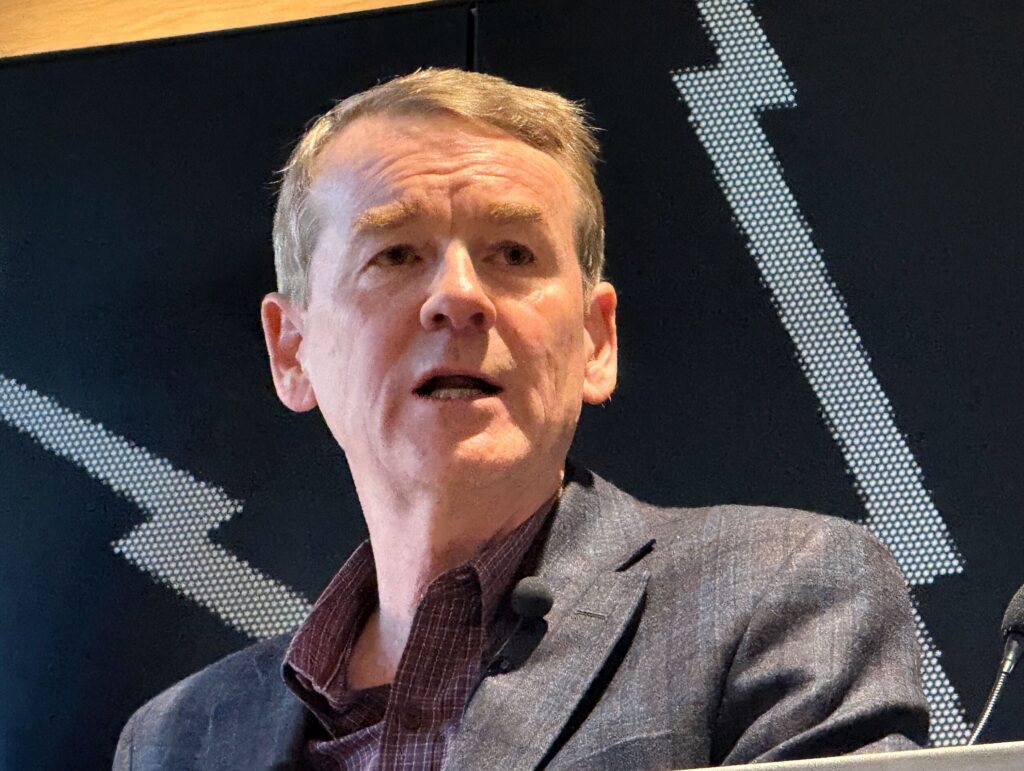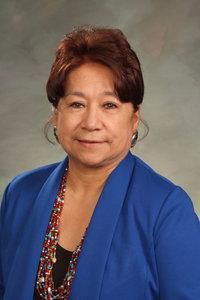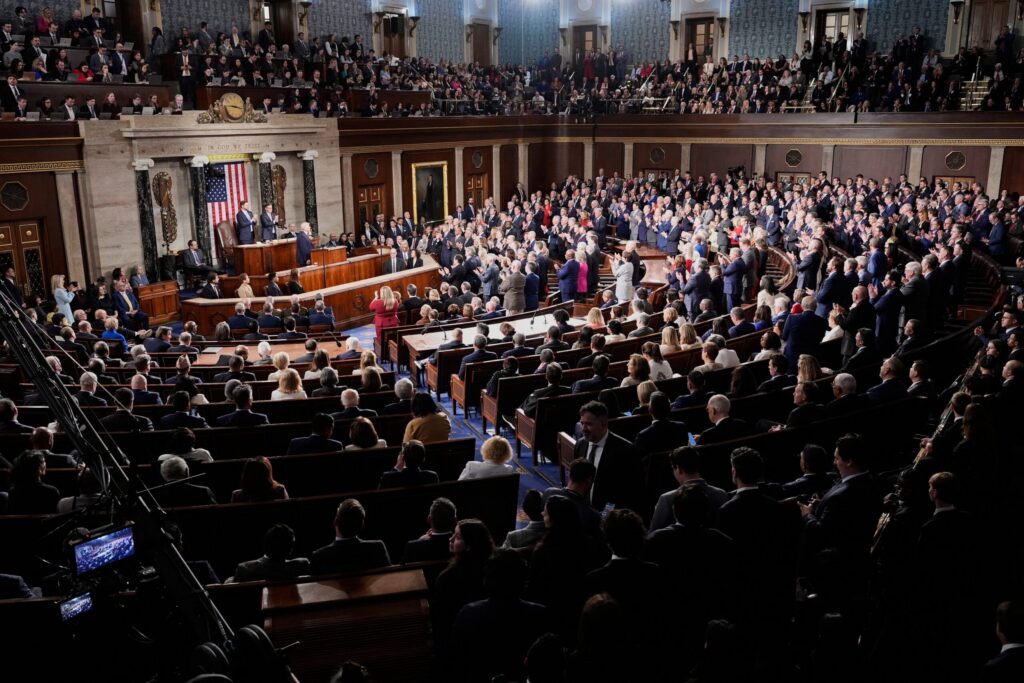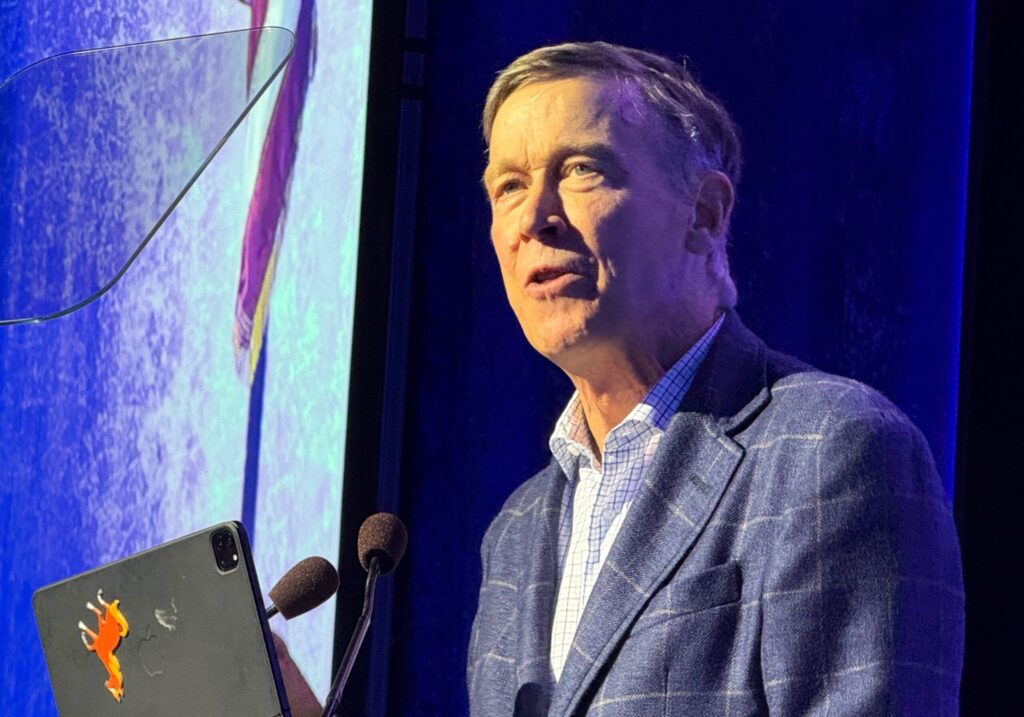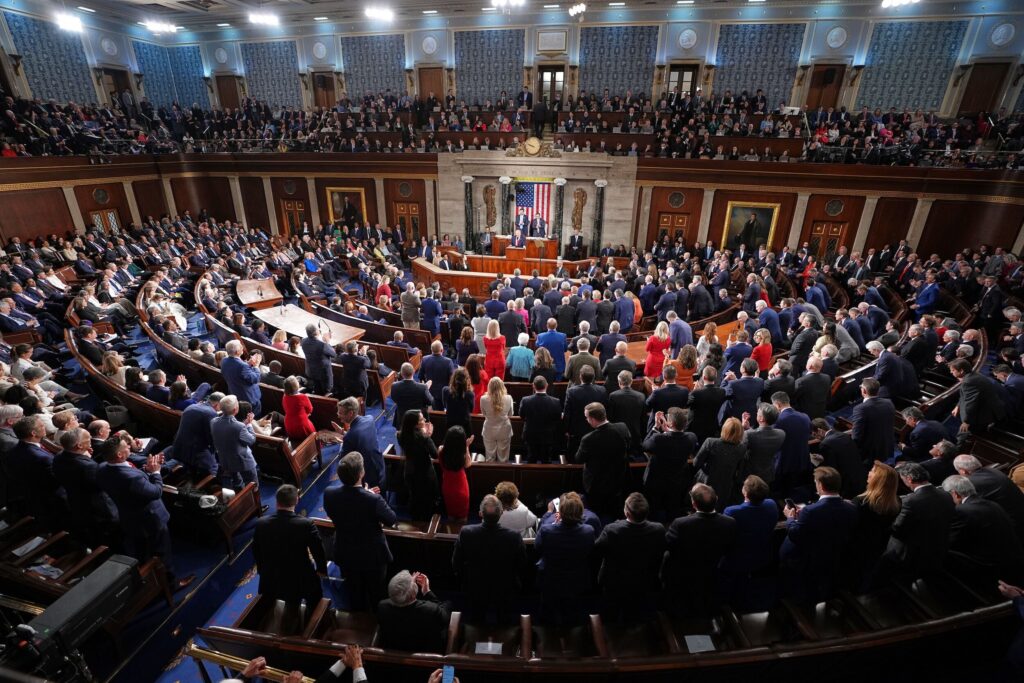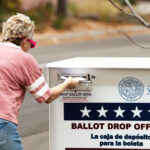$1B ‘Vibrant Denver Bond’ approved by voters
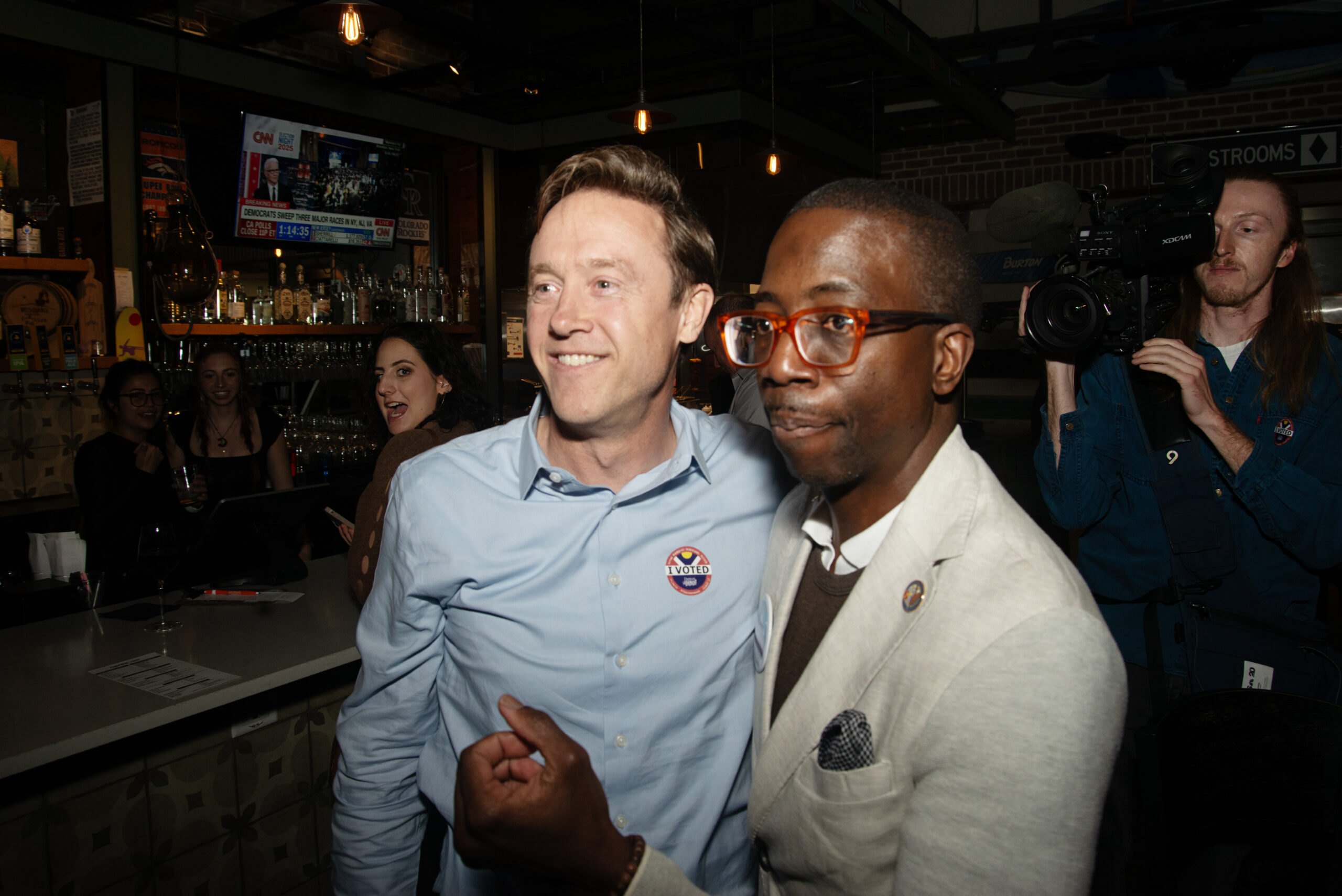
Supporters of the $1 billion borrowing proposal successfully convinced Denver voters to approve the measure, which they said would improve the city’s infrastructure, according to the latest tally on Tuesday night.
Meanwhile, a proposal to repeal the city’s ban on flavored tobacco products lags behind, the unofficial election results showed as of 10 p.m.
Of the eight questions on the Denver ballot, five are tied to the nearly $1 billion “Vibrant Denver” general obligation bond package proposed by Mayor Mike Johnston.
The proposed borrowing is broken down into five separate questions, allowing voters to decide on individual categories of projects.
Voters favored all five questions.
Meanwhile, two referred questions asked voters if at-large city council members should be elected using a Seat A and Seat B designation, and if the city’s Department of Excise and Licenses should change its name to the Department of Licensing and Consumer Protection.
The third is a citizen-initiated veto referendum on whether the city’s current ban on the sale of flavored tobacco products should remain.
Here is a quick look at where the polls stand:
DENVER BOND, 2A, 2B, 2C, 2D and 2E
Denver voters favored Johnston’s $1 billion borrowing plan, aimed at repairing and improving the city’s aging infrastructure, including roads and bridges. Backers said it will also improve many of the city’s community spaces, parks, playgrounds, recreation centers and libraries.
The new debt would be paid off over a period of six years and would cost the city approximately $1.8 billion.
“Tonight, Denver chose to invest in our city’s future, and we are deeply grateful,” Johnston said in a statement. “By approving all five measures of the Vibrant Denver Bond, residents said ‘yes’ to better streets, stronger neighborhoods and more vibrant public spaces.”
City officials said the package will create 7,000 local jobs, generate an estimated $1.8 billion in economic activity, and deliver long-lasting improvements that will make Denver’s neighborhoods safer, more connected and more “vibrant” for everyone.
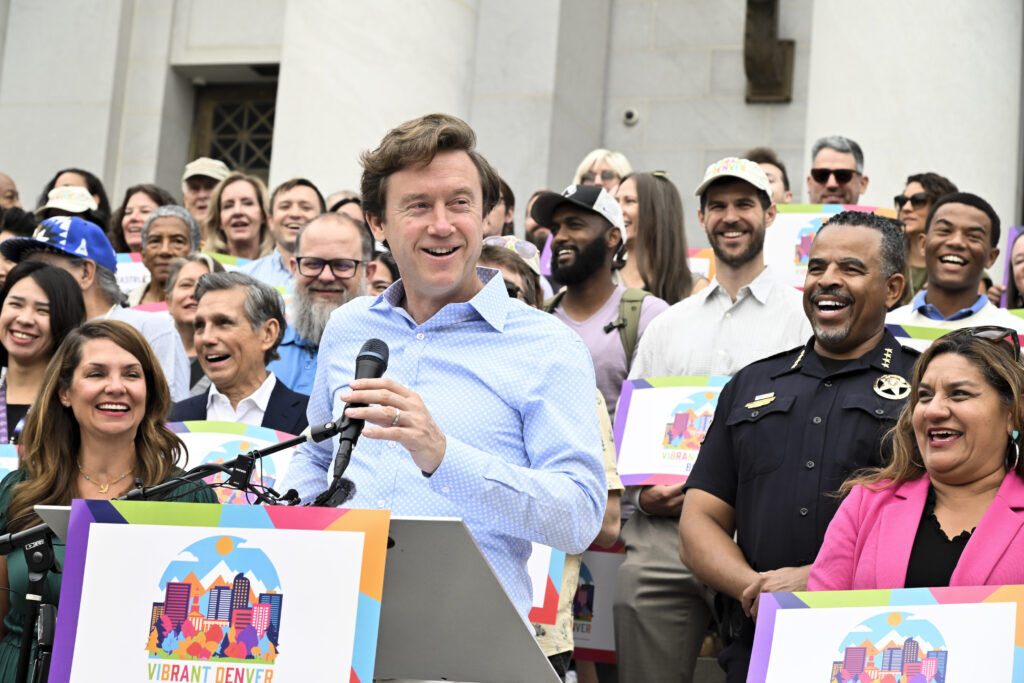
Jason Bailey, founder of Citizens for No New Debt, a local group that opposed the bond issue, told The Denver Gazette that he is “disappointed” in the election results. The group plans to rally and continue to grow its membership, he said.
Here’s a look at the latest unofficial election results from Tuesday night:
• Ballot Issue 2A (Mobility and infrastructure): Yes (66,950; 60.49%), No (43,735; 39.51%)
• Ballot Issue 2B (City Parks and recreation): Yes (71,017; 64.03%), No (39,900; 35.97%)
• Ballot Issue 2C (Health and human services): Yes (74,554; 67.25%), No (36,309; 32.75%)
• Ballot Issue 2D (General city infrastructure and facilities): Yes (69,063; 62.27%), No (41,842; 37.73%)
• Ballot Issue 2E (Housing and infrastructure): Yes (71,071; 63.89%), No (40,842; 37.73%)
REFERRED QUESTION 2F
Denver voters also supported the city’s request to change the name of one of its largest agencies, the Department of Excise and Licenses, to the Department of Licensing and Consumer Protection, arguing that it is a better fit. The measure would not have a financial impact.
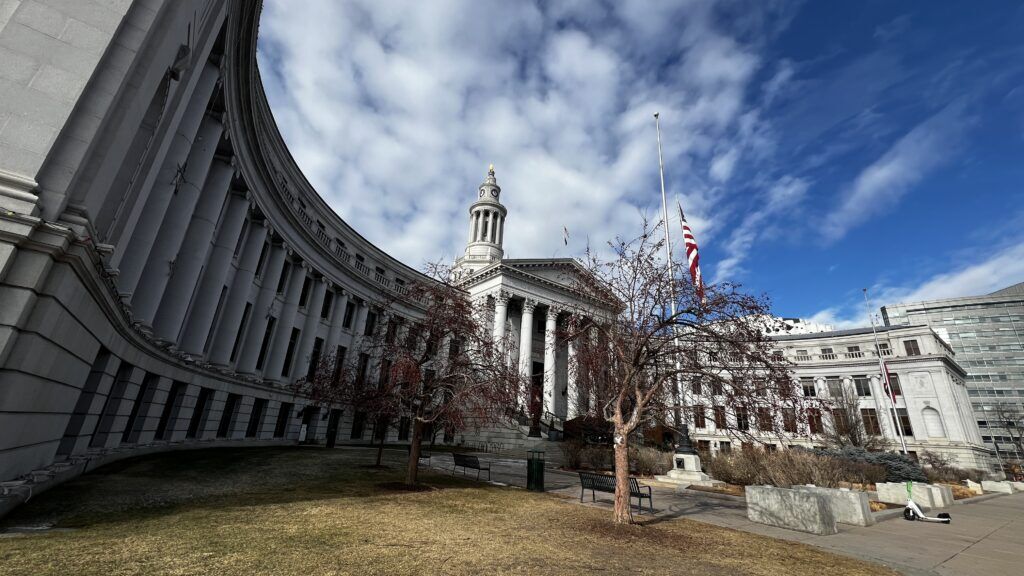
Here’s a look at where 2F stands after polls closed Tuesday night:
• Referred Question 2F (Name change for Department of Excise and Licenses): Yes (78,821; 73.63%), No (28,232; 26.37%)
REFERRED QUESTION 2G
Denver voters leaned toward changing how the city’s two at-large council seats are elected. This question asked Denver residents to no longer vote for both of the city’s at-large members on a single ballot, but instead choose them separately on two ballots — At-Large A and At-Large B.
Denver’s At-Large positions are the only city offices not elected by a majority of the votes.
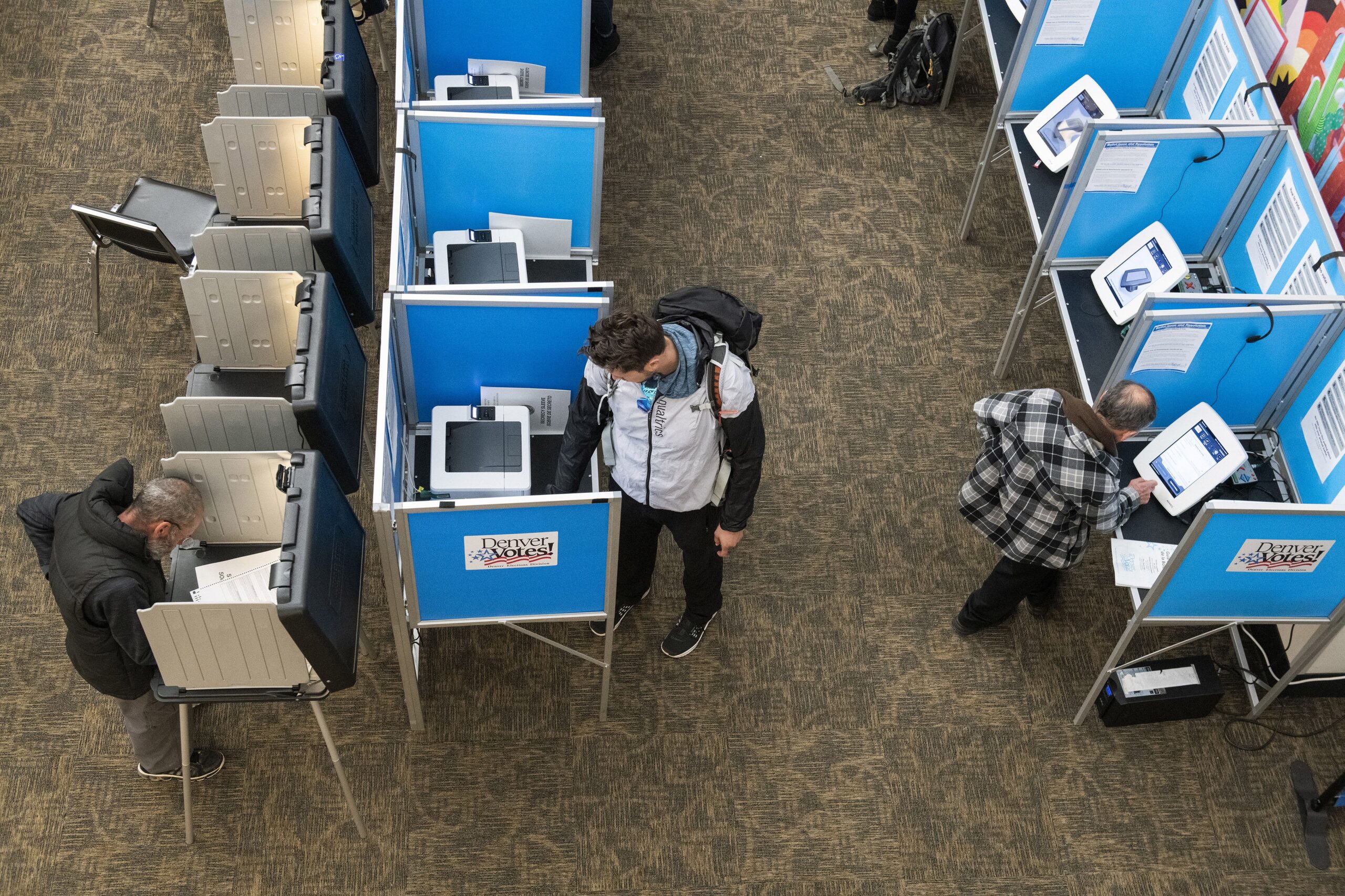
Here’s a look at where 2G stands after polls closed Tuesday night:
• Referred Question 2G (At-large elections): Yes (59,046; 56.28%), No (45,868; 43.72%)
REFERENDUM 310
In what is being called one of the city’s most expensive races on this year’s ballot, Denver voters also kept the city’s ban on the sale of flavored tobacco.
In late December 2024, the Denver City Council decided to outlaw the sale of flavored tobacco products within the city and county. The ban, which passed on a vote of 11 to 1, makes it illegal for any retail tobacco store to “sell, offer for sale, give, barter, deliver or furnish any flavored tobacco product or samples of such products.”
Michael Bloomberg, the former mayor of New York City, waded into the fight over Denver’s flavored tobacco ban, contributing more than $5 million to Denver Kids vs Big Tobacco, according to Denver Searchlight, the city’s online database for campaign and finance disclosure.
Bloomberg, known for his anti-tobacco stance, has sought to advance policies that discourage tobacco use through his organization, Bloomberg Philanthropies.
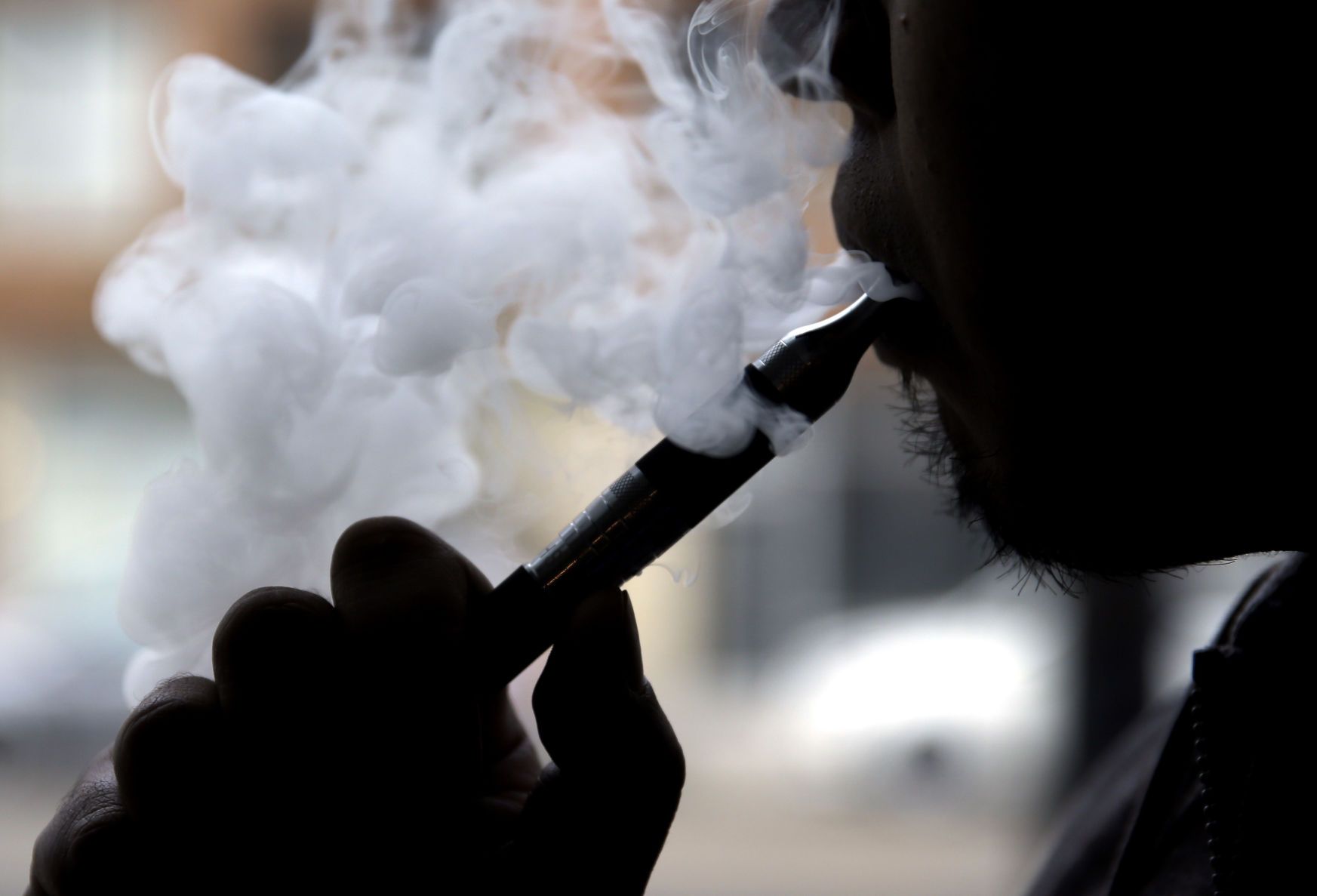
In March, a group of vape shop owners — Phil Guerin, Ellen Rochelle, Shanna Finch, Kristen Hensel and Russel Hensel — pushed back by turning in 17,000 signatures to the city, almost twice the 9,500 needed, to put Referendum 310 on the Nov. 4 ballot. The measure sought to repeal the ban.
Guerin, president of the Rocky Mountain Smoke-Free Alliance Board of Directors and owner of Myxed Up vape stores, said getting Referendum 310 on the ballot had been expensive — it cost his group more than $240,000, most of which went to pay the firm that collected and verified the signatures.
“Unfortunately, the voice of a New York billionaire was more influential than that of a real Denverite,” Guerin told The Denver Gazette. “It’s really scary that there’s no limit to the amount of outside money that can be brought in on issues.”
Denver Kids vs Big Tobacco did not respond to a request for comment.
Here’s a look at where Referendum 310 stands:
• Referendum 310 (Repeal city ban on flavored tobacco): Yes/Retain (80,005; 72.27%), No/Repeal (30,696; 27.73%)


